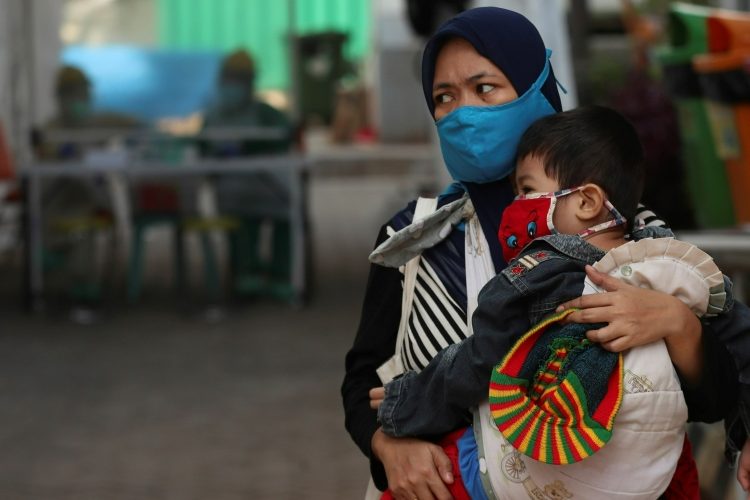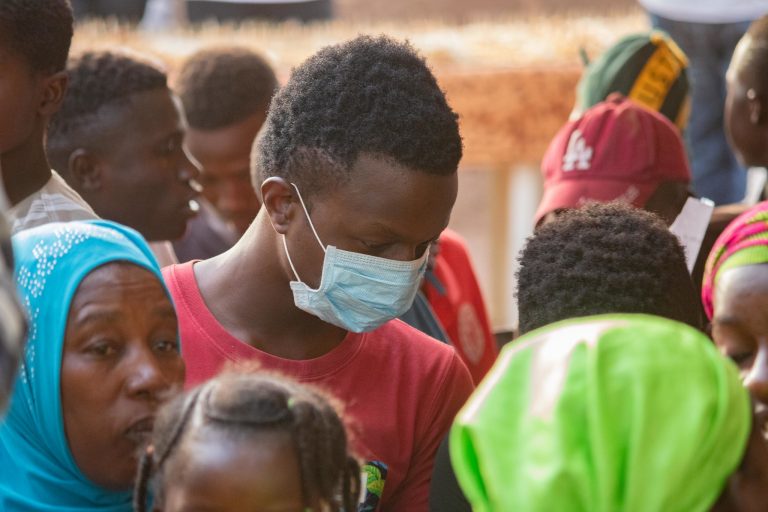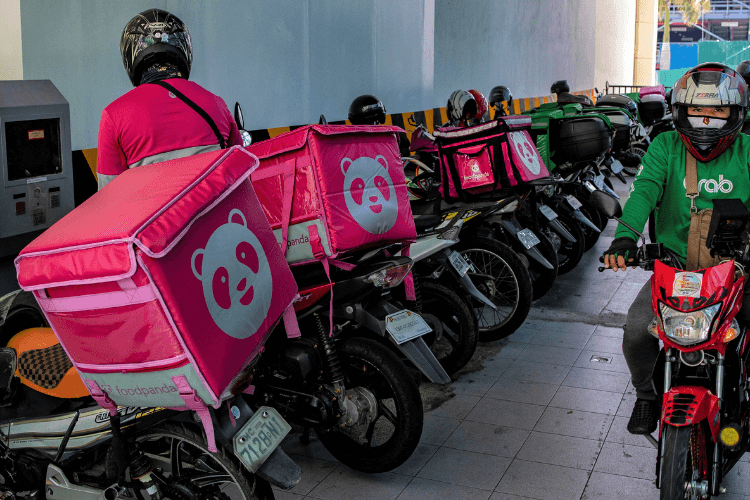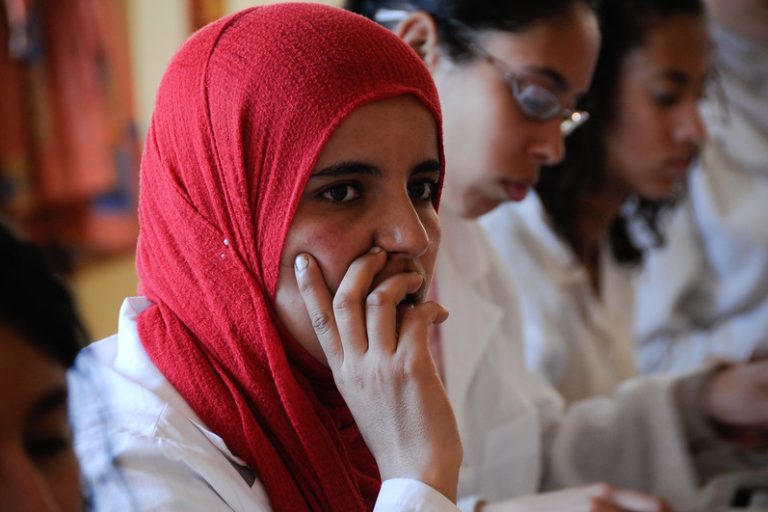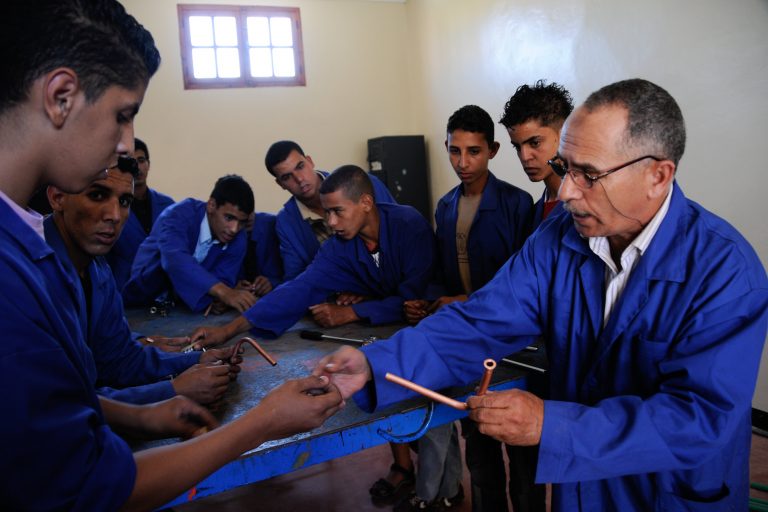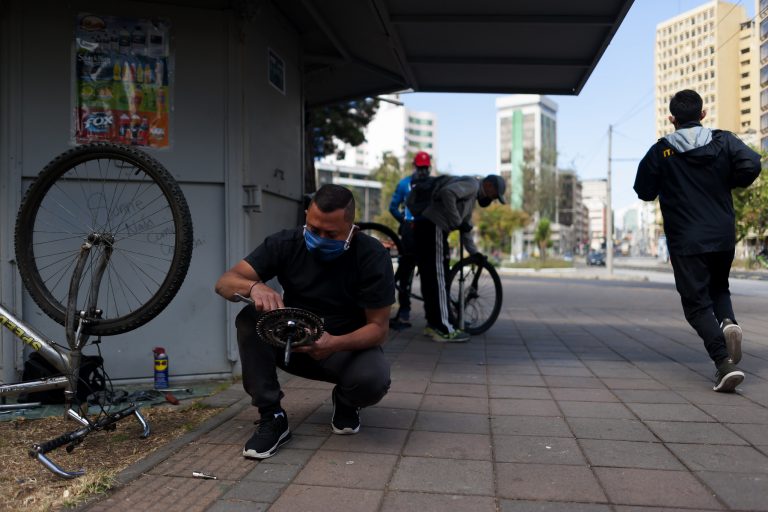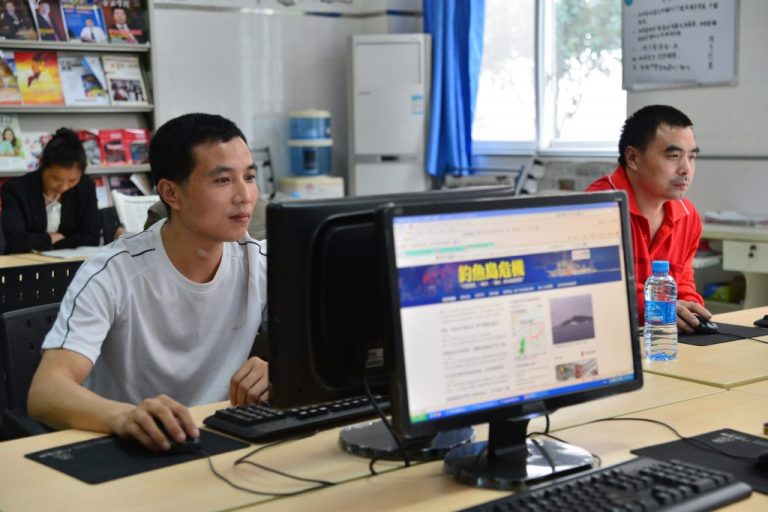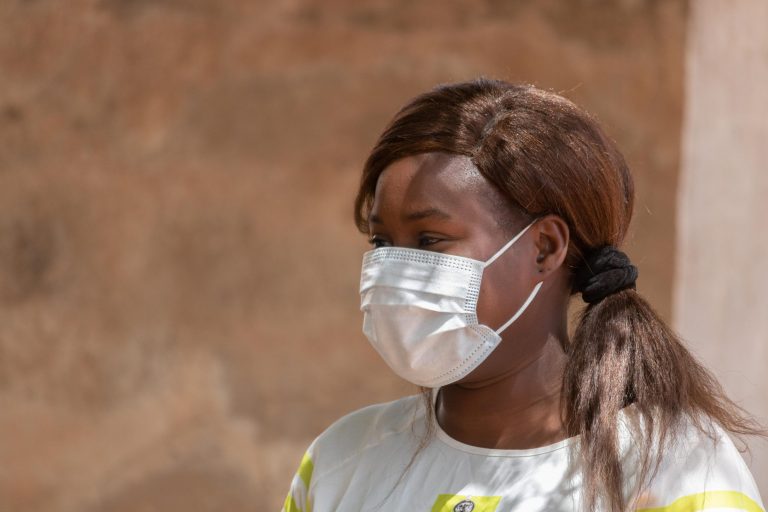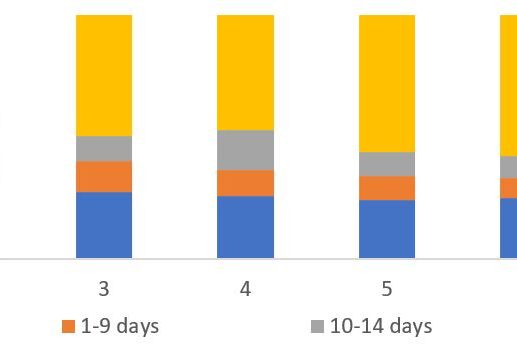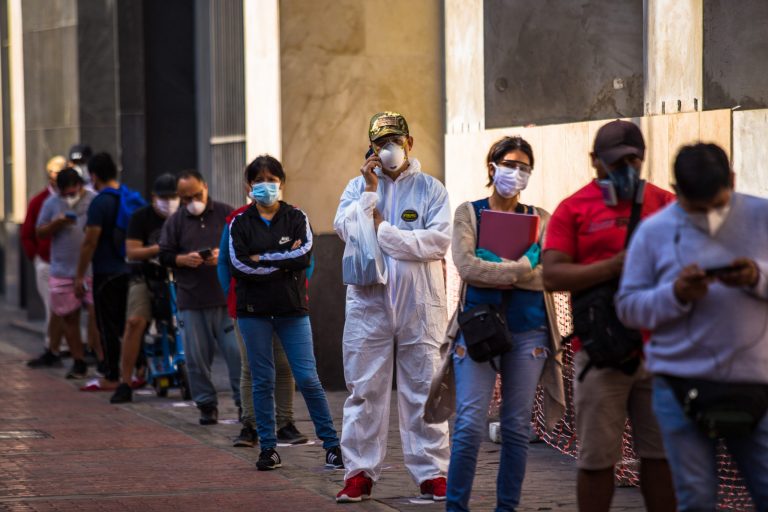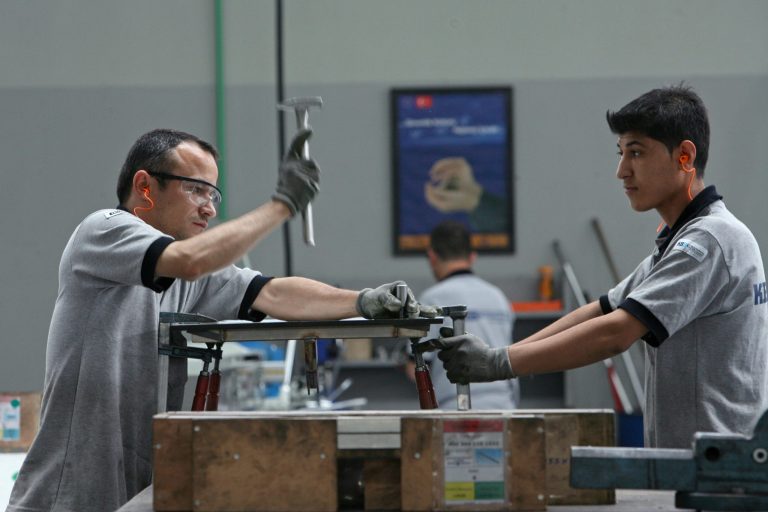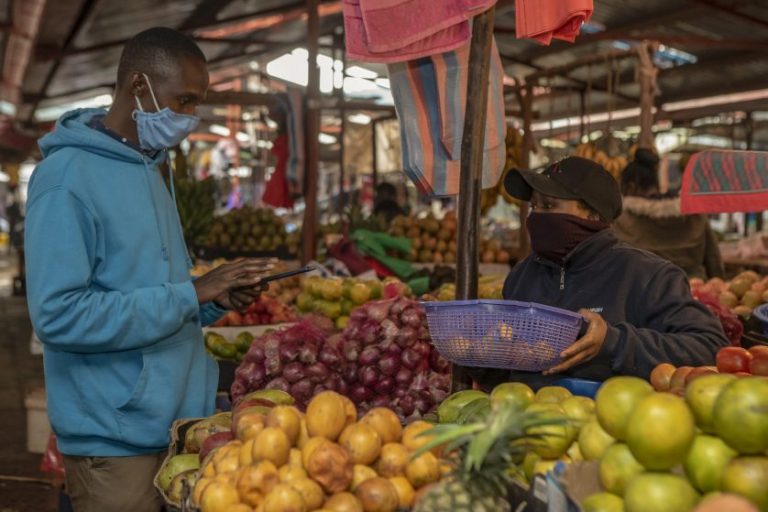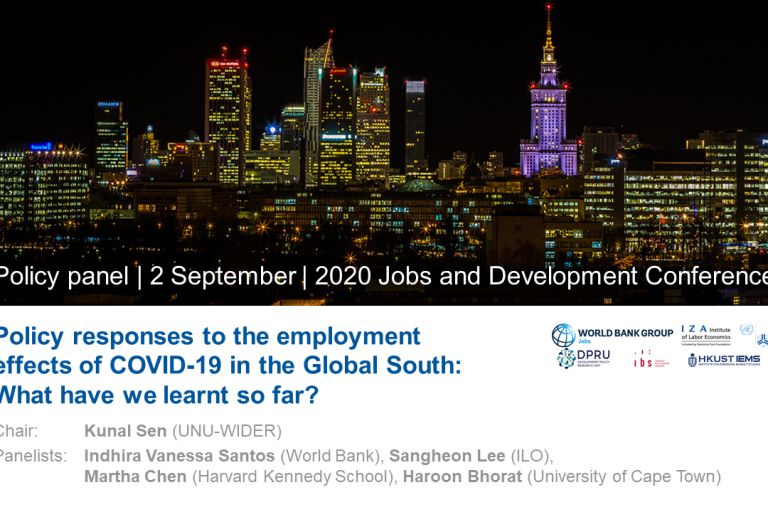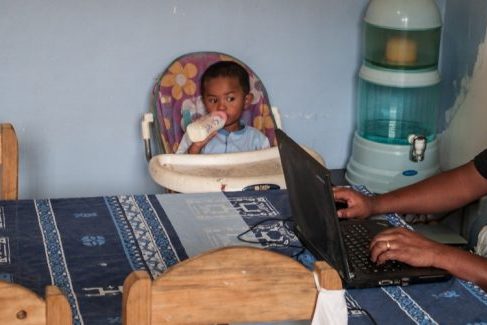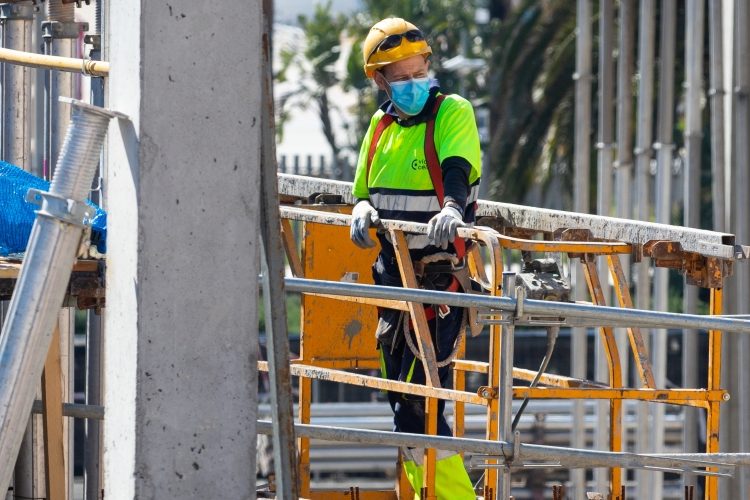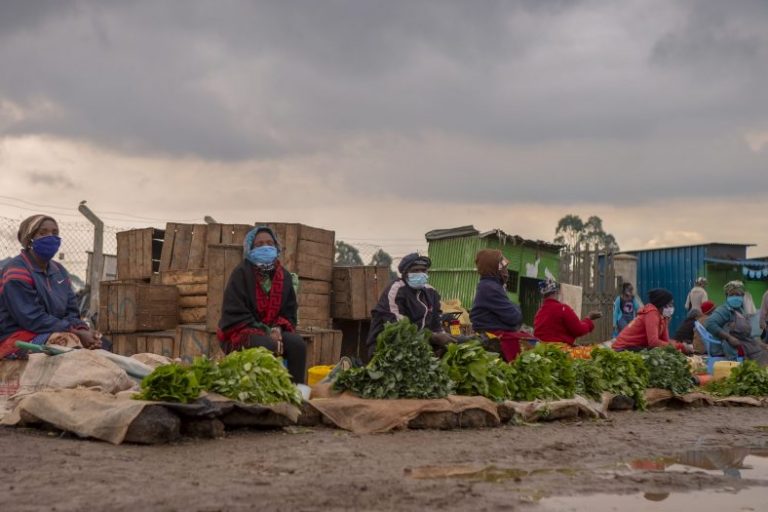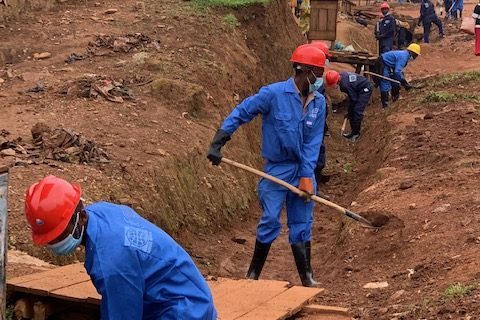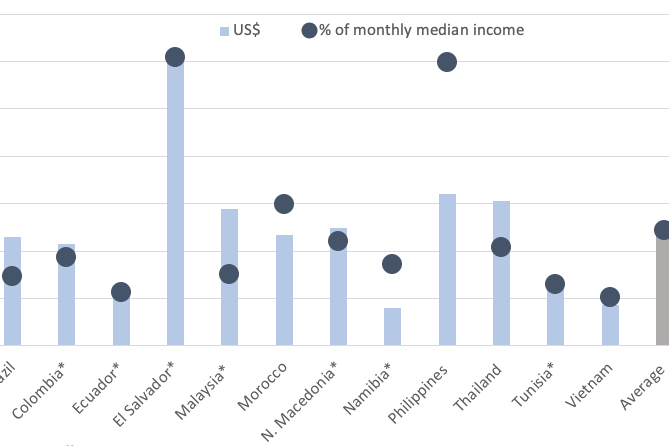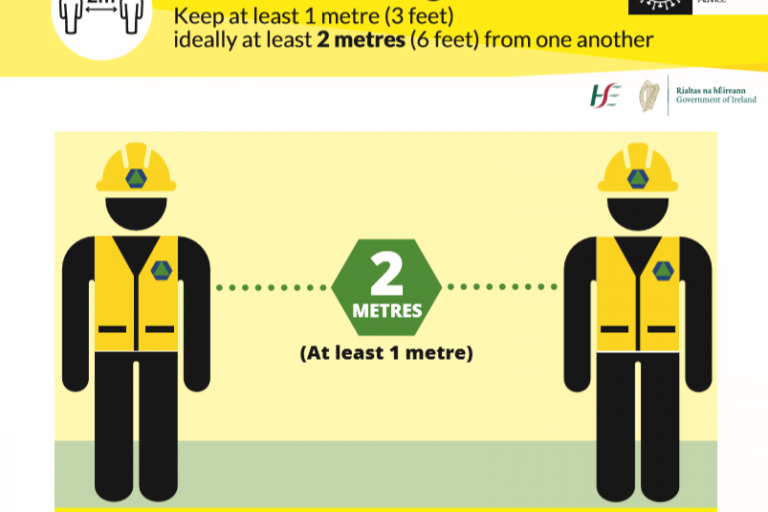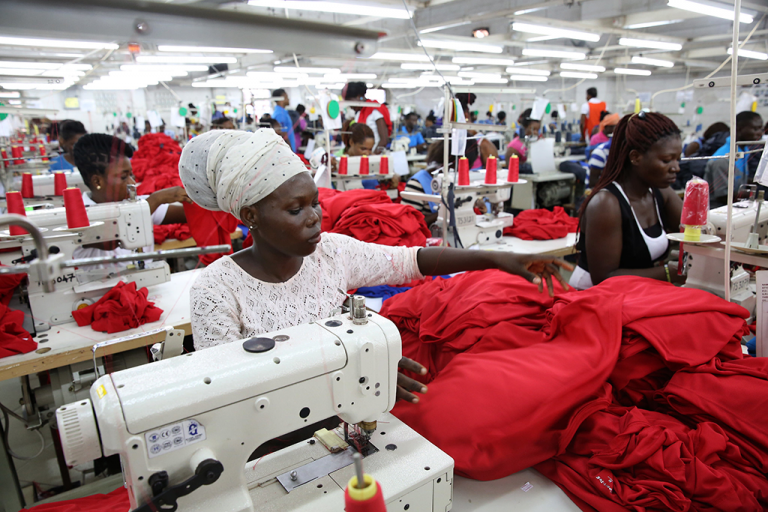The disruptive impact of the COVID-19 crisis on workers, labor markets, and livelihoods has further underlined the importance of the jobs agenda.
COVID-19 has caused major disruptions in economies worldwide and specifically hit countries characterized by high levels of informality and fractured, incomplete social protection systems. These effects have so far prevented a full and balanced recovery of labor markets and will also affect a future generation of workers.
Governments have responded quickly to address the immediate jobs challenges of COVID-19, by using (i) liquidity support for firms, (ii) wage subsidies to retain jobs; and (iii) income support for the unemployed and vulnerable households. But they need to continue to address the medium and long-term effects of the pandemic by stimulating job creation, re-employment, and economic inclusion. And they’ll have to do so in a world beset by disruptive technological change and shifting patterns of demand.
There is an urgent need to strengthen health and social protection systems to provide robust universal coverage and reduce their dependence on financing through labor taxes, which creates disincentives to the growth of better jobs.
So, what have governments and international organizations done to support workers and firms to navigate the COVID-19 crisis, preserve jobs and incomes and prepare the way for a rapid recovery?


